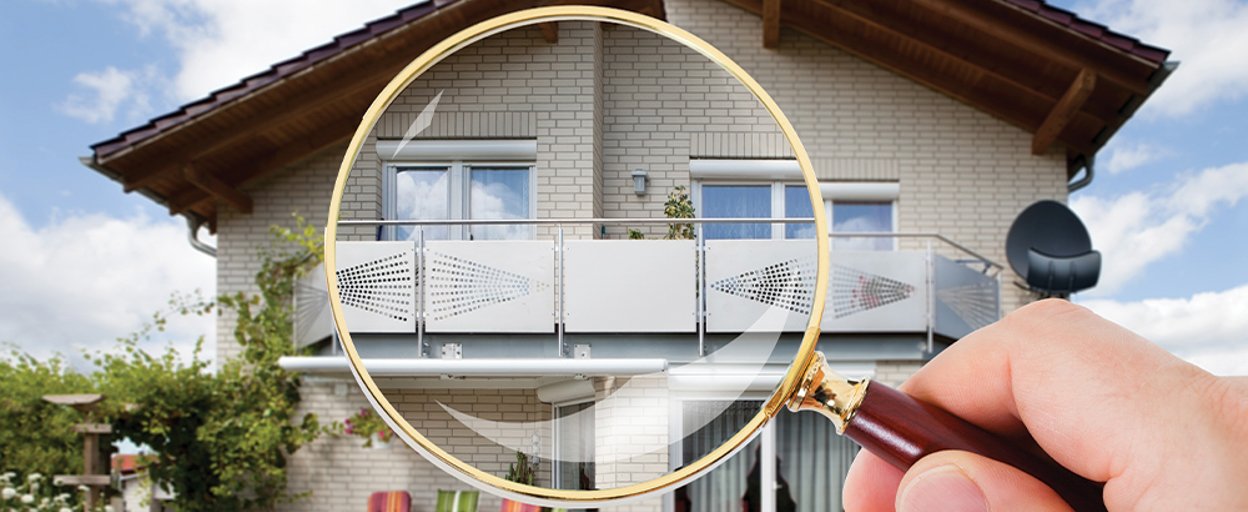- 17 Sep 2024
- 5 min read
- By Chris Cavanagh-McGill, solicitor, Carter Newell Lawyers
Electric scooters - risk management considerations for property managers
Over the last few years, e-scooters and e-bikes have become an increasingly popular form of transport in Queensland, and it’s easy to see why. E-scooters offer an accessible, environmentally friendly, and cost-effective alternative for people living in urban areas, when compared to traditional forms of transport and public transport.
However, as the use of e-scooters, e-bikes, and similar devices continues to rise in popularity, there has been a sharp growth in reports of fires linked to their usage and operation in Queensland and worldwide.[1]
The problem with Lithium-ion batteries
Most e-scooters and similar devices rely upon rechargeable lithium-ion batteries to power their operation. Users must re-charge their e-scooters frequently, sometimes daily, and devices are typically charged using a cable plugged into a wall socket.
Leading forensic fire investigator, Marty Denham, recently spoke to the ABC about lithium-ion batteries,[2] and warned that recharging or over-charging lithium-ion batteries can lead to a "catastrophic" ignition.
Such risks may also be increasing following the recent growth in popularity of cheap, generic batteries, and e-scooter users’ unwitting perpetration of unsafe behaviours such as charging batteries inside cupboards, garages, and near combustible materials, despite safety warnings. [3]
Risk management considerations
As insurers become alive to the considerable risk posed by e-scooters, e-scooter owners should take care when considering whether appropriate insurance coverage has been achieved, including considering if there are any additional disclosure obligations placed upon policyholders to ensure coverage under their insurance policies in the event of a fire. For example, if the charger can be used internally or externally, where the device can be stored, or if the equipment must be used in accordance with the manufacturer’s specifications.
The allocation of risk is further complicated in strata schemes, where strata insurance policies typically provide cover for building and common contents only. This presents a significant risk of exposure for tenants and lessors alike.
Many bodies corporate are also awakening to the significant risks posed by e-scooter ownership. Some bodies corporate may already be implementing specific risk management policies and procedures which include rules about parking, storage, and charging locations, with some bodies corporate already providing draft by-laws for strata schemes to adopt.[4]
What can property managers do?
Naturally, every property manager’s instinct is to minimise the risk to person and property on behalf of their lessor clients.
Nevertheless, property managers should exercise caution to avoid taking drastic measures which could infringe upon the rights of tenants, such as implementing a blanket ban on certain devices or dictating how and where tenants may charge their devices.
It is difficult to implement such restrictive measures without impacting a tenant’s right to personal freedom and privacy in their own home. Additionally, any attempt to “breach” a tenant under the relevant tenancy agreement for non-compliance with a by-law, or implementation of a policy restricting the charging of personal devices would require property managers to regularly inspect tenancies to confirm compliance, which many tenants will undoubtedly consider to be highly intrusive.
Instead, property managers should collaborate with bodies corporate and lessors to focus on safety awareness and ensure that tenants are aware of any appropriate guidelines which might mitigate the risks posed by e-scooters.
Property managers should also encourage lessors and tenants to check with their irrespective insurers to verify that they have adequate insurance coverage in the event of a fire or property damage caused by an e-scooter or other electronic device.
For property managers, striking a balance between protecting the interests of their lessor clients and maintaining the individual freedoms of tenants is vital.
Most importantly, property managers should acknowledge that the e-scooter trend is not likely to go away anytime soon. As such, it is imperative that property managers work with both lessors and tenants and strive to foster an awareness of the very real safety concerns posed by e-scooters.
Read another property management article: Change of management: What documents need to be handed over?
Or browse our suite of property management articles.
[1] Lithium-ion Batteries and Consumer Product Safety, ACCC, 5 October 2023. Pg 21-29.
[2] L. Hamilton-Smith and J Katsaras, 2 December 2023, [Accessed 5 February 2024 at: Illegally dumped vapes causing five fires a day in Queensland recycling facilities due to lithium-ion batteries - ABC News]
[3] Lithium-ion batteries and consumer product safety, ACCC, 5 October 2023. Pg 17.
[4] R. Bolger, ABC Australia, 10 January 2024, [Accessed 5 February 2024 at Owners Corporation Network proposes new e-bike, e-scooter rules to reduce fire risk in apartments - ABC News]
You might also like
View All Articles
View All Articles


Start your Real Estate Career
Need help? 1300 697 347 or contact us




